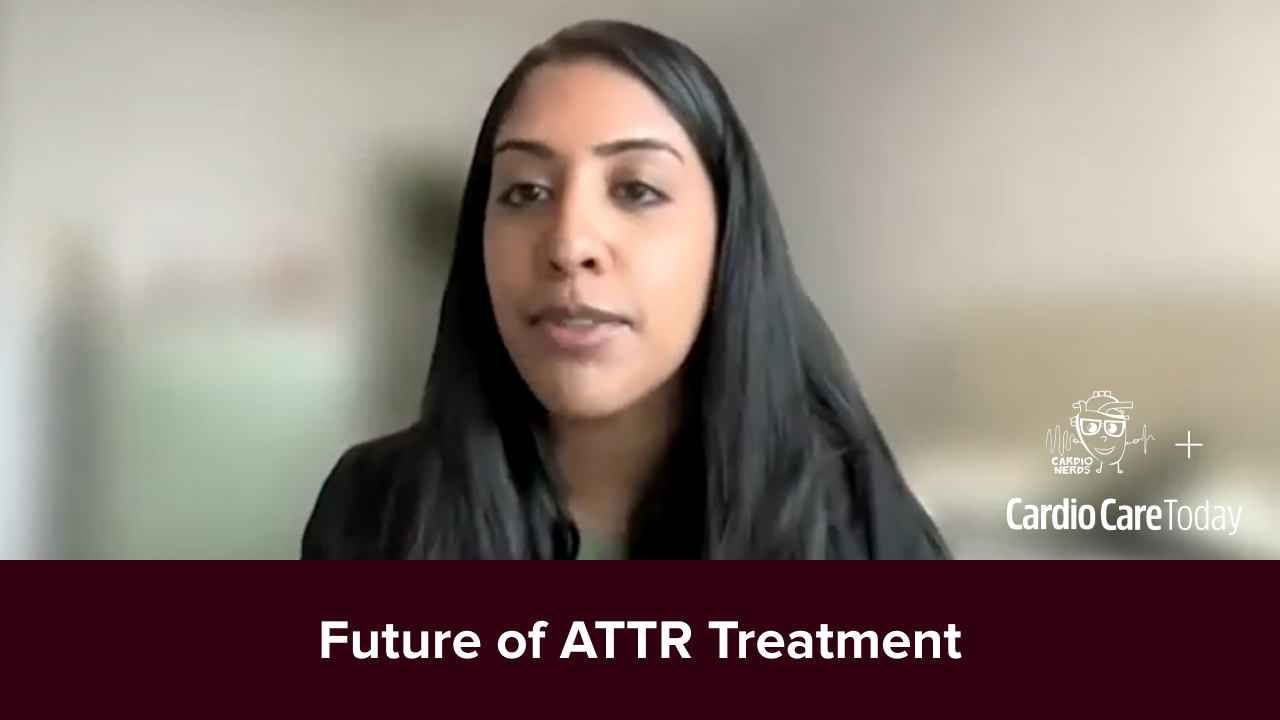Nuwellis Discusses REVERSE-HF Study: Assessing Heart Failure Patients with Fluid Overload
By Rob Dillard - Last Updated: May 2, 2023Nuwellis, a Minnesota-based company, wants to shift the standard of care for treating diuretic-resistant patients suffering from fluid overload. Recently, the company has announced it will evaluate the safety and effectiveness of its Aquadex® therapy in comparison to intravenous diuretics for the treatment of fluid overload in patients with worsening heart failure through its randomized controlled trial, the REVERSE-HF Study.
DocWire News spoke with Nestor Jaramillo, President & CEO and Megan Cease, Director of Clinical Research & Reimbursement, about the company, and this exciting trial.
DocWire News: Can you provide us with some background on yourselves?
Nestor Jaramillo: I’ve been a med tech executive for many years, over 30 years. I started my career in med tech with Medtronic. I’m an electrical engineer by training. I started as an engineer with Medtronic and stayed with them 23 years. I grew from engineering all the way to when I left in 2006. I was vice president for global marketing, and went to do couple of startups. Then I did seven years of investment banking. Then after that, I became the CEO of a small neurosurgery company in California. We did that. When that company was acquired, then I came to CHF Solutions at that time, that was the name of it. And looking for not necessarily any particular company size or product, I was just looking for good people and good culture that would have a good product to make a difference in patients. So, landed with John Erb, who I knew before. And he retired, so I assumed the role of CEO and president.
Megan Cease: I started my career at the University of Minnesota, 16 years ago now, I started in the research lab in neuroscience. And from there, I did some free clinical work and then moved into clinical trials about 12 years ago. I’ve worked at a contract research organization on many different trials, both device and pharmaceutical. I was at Boston Scientific for a number of years, and then joined the Nuwellis team last year.
Talk to us about Nuwellis, and its mission.
Nestor Jaramillo: We are a medical device company located in Minneapolis, Minnesota. We are dedicated to transforming the lives of people suffering from fluid overload. And we’re doing this through science, collaboration, and innovation. And Rob, I know that this may sound like a cliche, but it isn’t. The more I travel throughout the country, I meet with patients, health care providers, even our own sales organization. And they always share with me stories of how our device have changed the lives, have transformed the lives of these patients and their families in the case of pediatric. So, we are focused on developing, manufacturing, and commercializing the Aquadex SmartFlow System for ultrafiltration therapy. And we serve in three distinct segments. The patients suffering from fluid overload due to heart failure, also patients that are critically ill in the ICU, that they need fluid resuscitation. They use our system to remove that fluid once the patient hemodynamics is stable. And then on the pediatric patients that are born absence of kidney or with some sort of a renal dysfunction that they need some renal replacement therapy.
What are the dangers of fluid overload in patients with advanced heart failure?
Nestor Jaramillo: Rob, when we’re talking about specifically on heart failure, there is about a million hospitalizations a year due to fluid overload with heart failure, and 90% of them are highly symptomatic. And fluid overload is a condition where there is too much fluid in the interstitial space, in the vital organs, or in the blood. And what we do is we filter, we take the blood out of the patient, we draw that blood, we put it through a filter. That filter removes water and sodium out of the plasma and return the blood back to the patient. That’s basically what we do. And I was saying, in 90% of those heart failure hospitalizations are due to fluid overload. Diuretics is the standard of care, but with significant limitations.
First of all, only 60% of the patients that receive diuretics respond well to that treatment. There is another 40% that do not respond well to diuretics. And 25% of those patients, once they are treated, they come back to the hospital within 30 days. And about 50% of them return to the hospital within 90 days, because the diuretics are not working. So, that is the patient population that we are very interested, is those ones where diuretics is not effective. They come back to the hospital after being treated with IV diuretics, and that’s the patient population that we are going to include in our study.
Talk to us about the REVERSE-HF study.
Megan Cease: We’re very excited about the reverse HS study. We have spent many months lately designing the trial to really ensure that the protocol, the design is scientifically sound, and includes all of the information that’s important to not only us, but clinicians, the medical community, as well as medical payers. We have designed the primary endpoints so that it’s a composite of both survival and heart failure related events, such as rehospitalizations, or treatments with ultrafiltration, or IV diuretics in an outpatient setting, as well as the time two first heart failure event within 90 days. So, we’re looking at all of that in one composite primary endpoint.
We will match patients based on their baseline characteristics so that we can truly and accurately compare the two treatments. In addition to the primary composite endpoint, we’ll look at quality of life, serum, electrolytes, renal function variables, like EGFR, and Cystatin C, and creatinine. We’ll look at other heart failure related events, cardiovascular related events, and mortality through a six month period. So, we’ve used a lot of learnings from past studies, like caress, unload, and avoid, and helped that information that we learned to design the protocol and ensure we’re capturing all the information that we should look at when comparing the Aquadex ultrafiltration therapy to IV diuretics.
In addition to that, we’ve also designed a treatment guide, which is a set of recommendations around treatment instructions, so that we’re treating patients both with IV diuretics and ultra filtration therapy in a very similar way, so that we can also accurately compare the two treatments while treating patients as best as we possibly can.
What do you think will be the clinical implications of this study?
Megan Cease: We believe that we’ll demonstrate that the Aquadex ultrafiltration therapy is superior to diuretics and we’ll look at quality of life and on all of those other factors that really impact patients.
Any closing thoughts?
Nestor Jaramillo: No, we’re looking forward to this clinical study, is we want to bring this therapy, the ultrafiltration therapy, using the Aquadex as a standard of care for patients suffering from fluid overload resistant to diuretics. That’s our goal. This clinical study is going to provide us that evidence to help us get into the medical guidelines. So, we’re very excited. I’m very happy to have Megan on board. She started about four or five months ago, and she has done a tremendous job in getting this study going.







 © 2025 Mashup Media, LLC, a Formedics Property. All Rights Reserved.
© 2025 Mashup Media, LLC, a Formedics Property. All Rights Reserved.